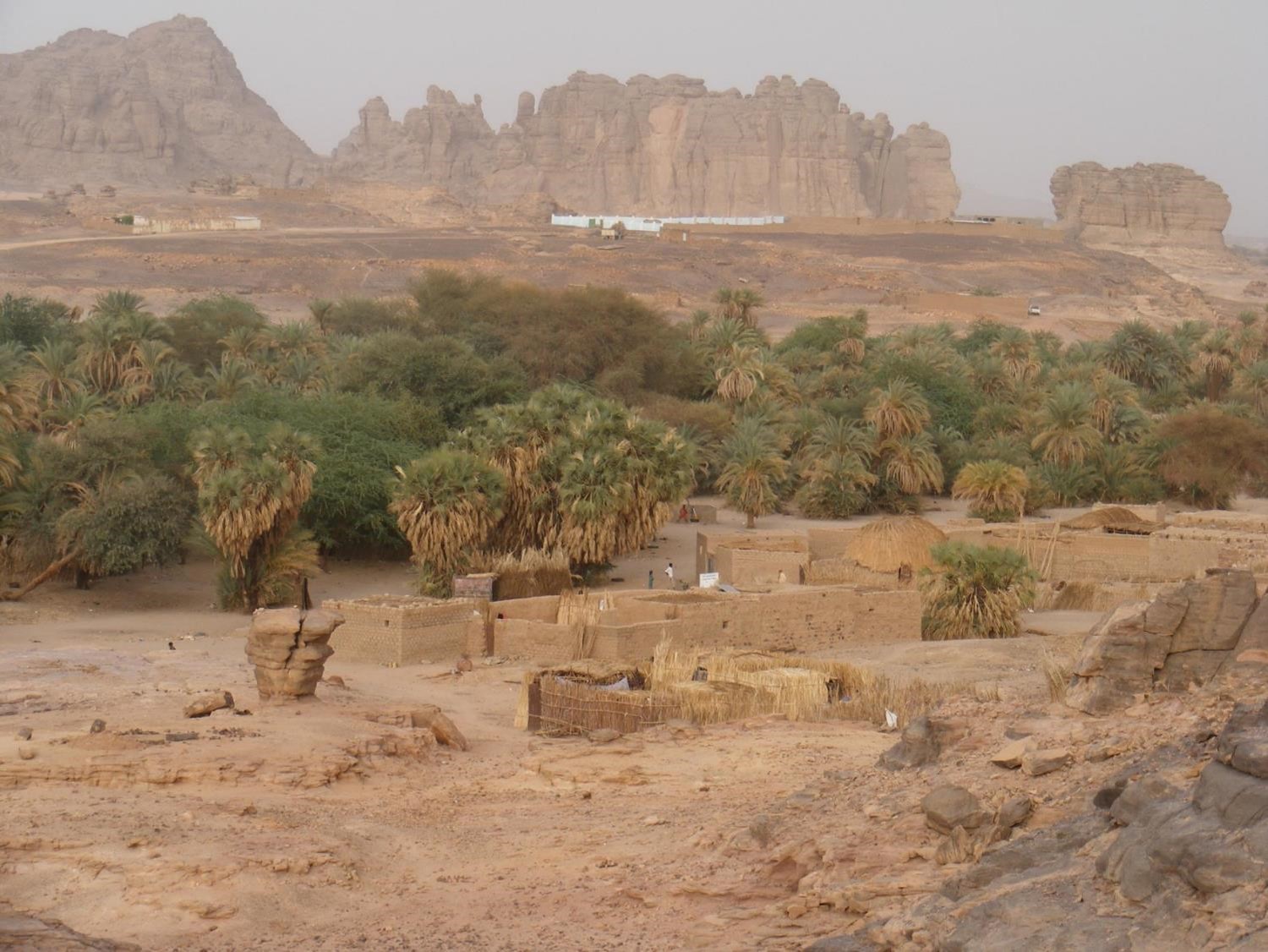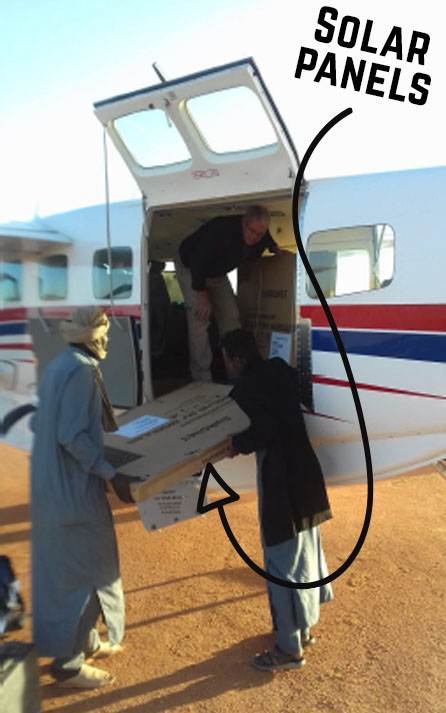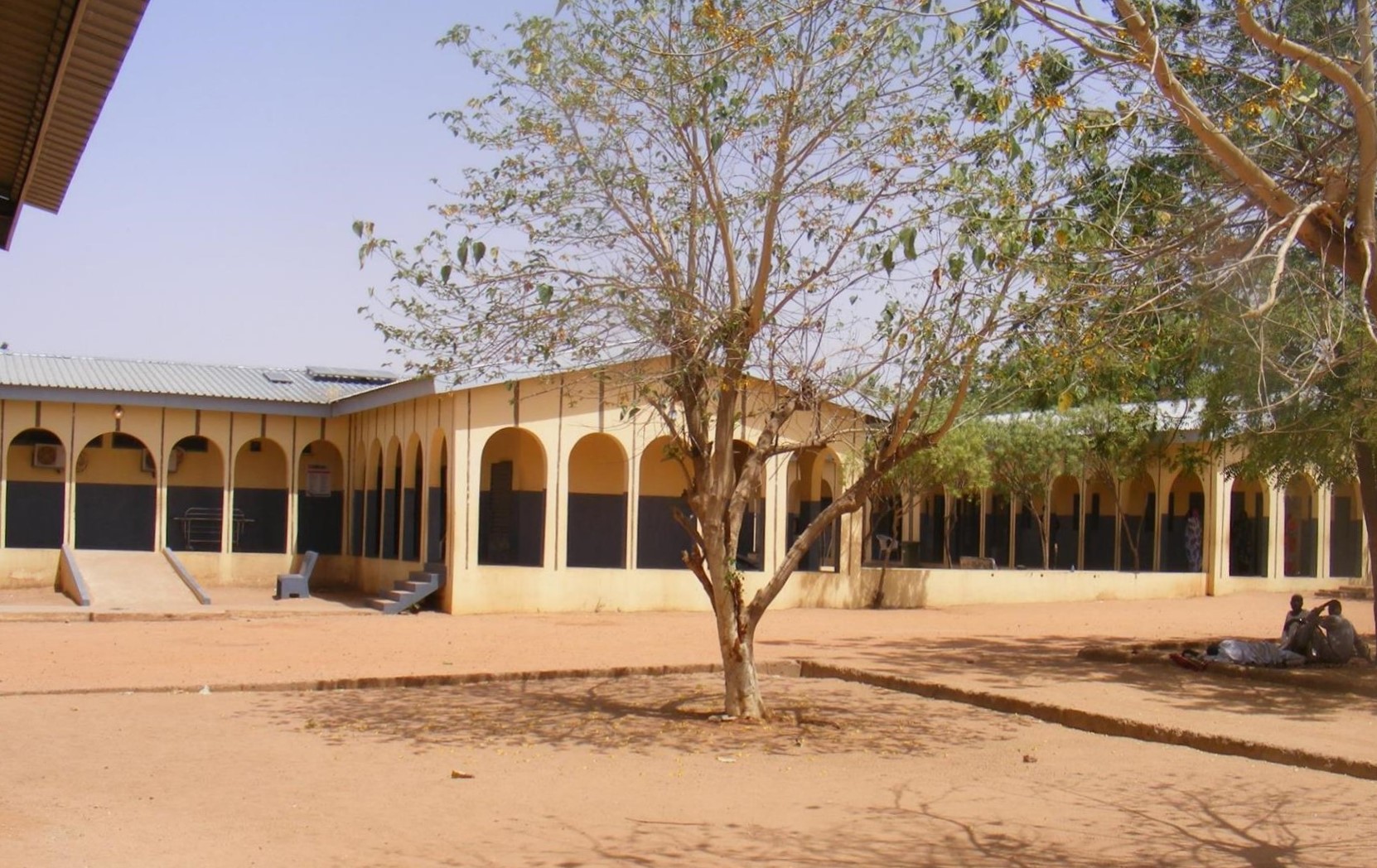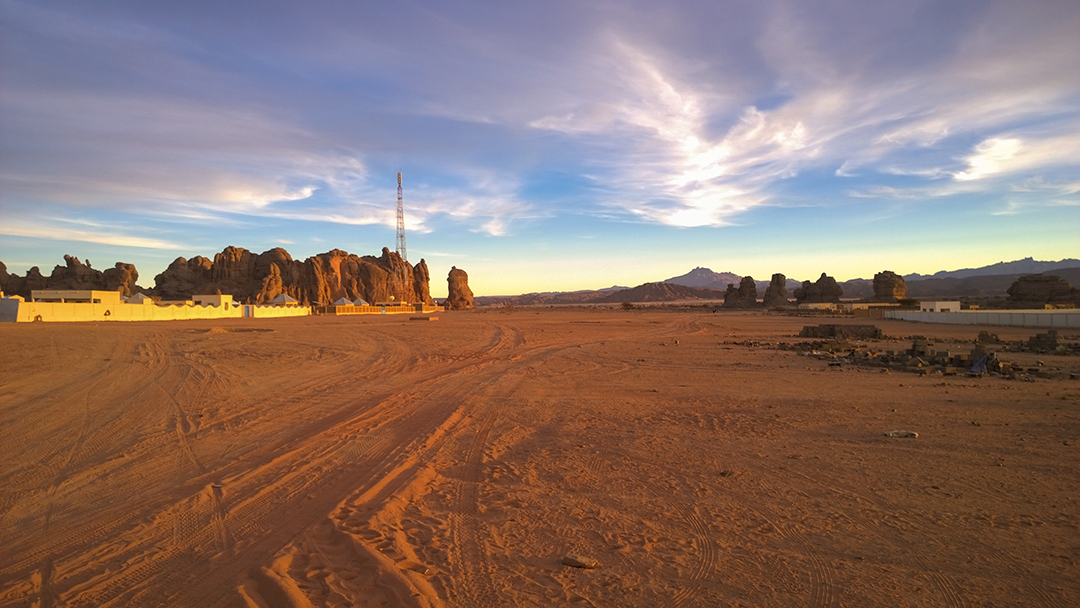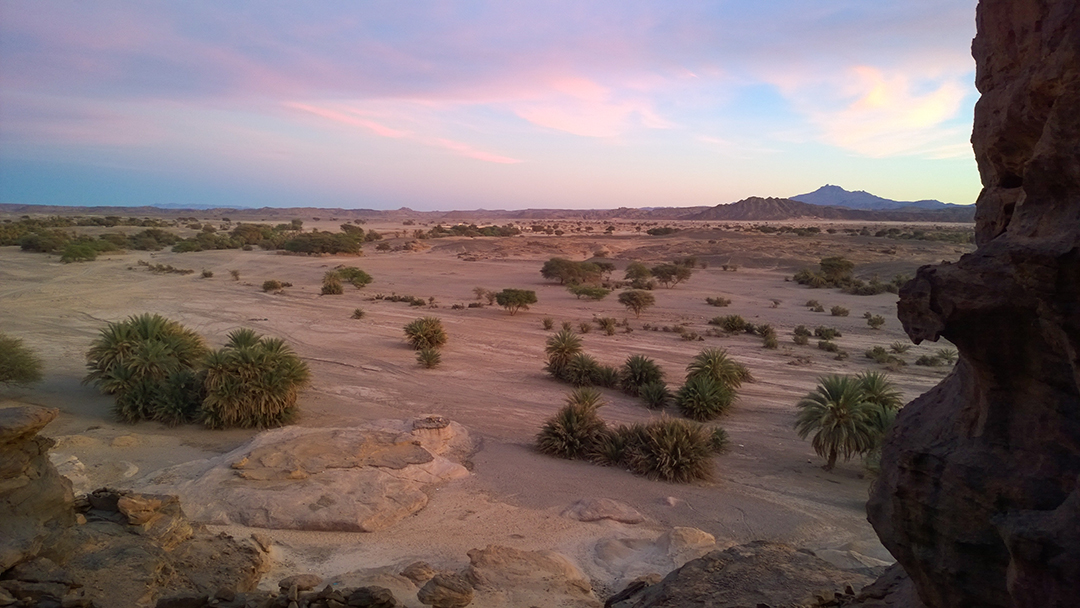Top Stories of 2020
You've done amazing things this year:
Top Stories of 2020
Well. It’s been a year. While we’ve all faced serious challenges in 2020, we don’t want to overlook all the incredible work God has done. Check out the top BMS World Mission stories of 2020 to see how God has been at work across the world this year – and how he’s used you to make a difference!
1. Pictures from the frontline: An oasis of healing
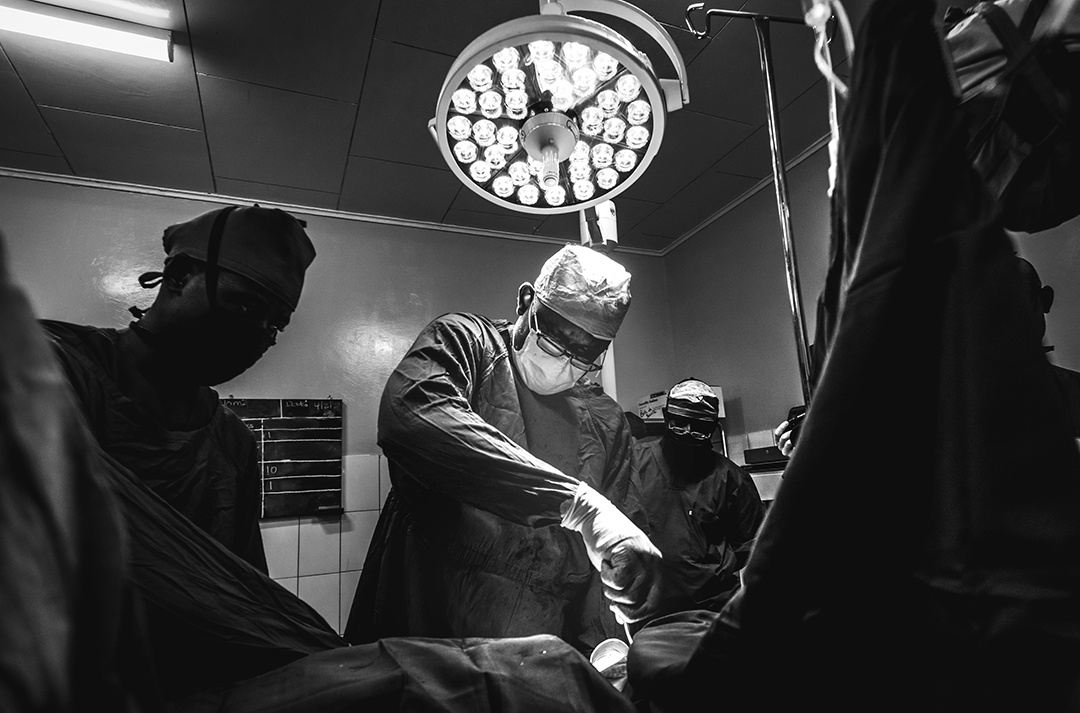
God’s light is shining in the Chadian desert thanks to the BMS-supported Guinebor II hospital, and we’ve so loved sharing stories of its staff and patients with you this year. Take a look behind the scenes of our Operation: Chad appeal and meet the people whose lives you’ve transformed.
2. Surviving lockdown: tips from Afghanistan
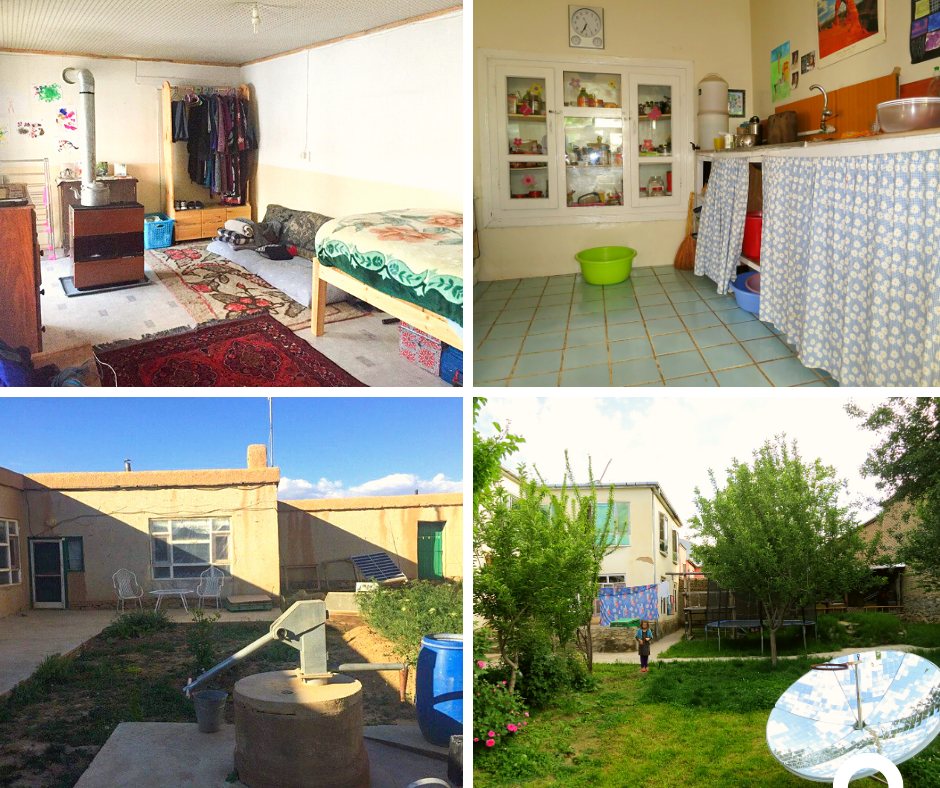
Our workers in Afghanistan are no strangers to lockdowns, which is why we turned to them when the UK went into lockdown earlier this year. It’s humbling to remember that this is the norm for many people in Afghanistan, so as you enjoy checking out their tips, please continue to pray for people living in this fragile nation.
3. The accidental pastor
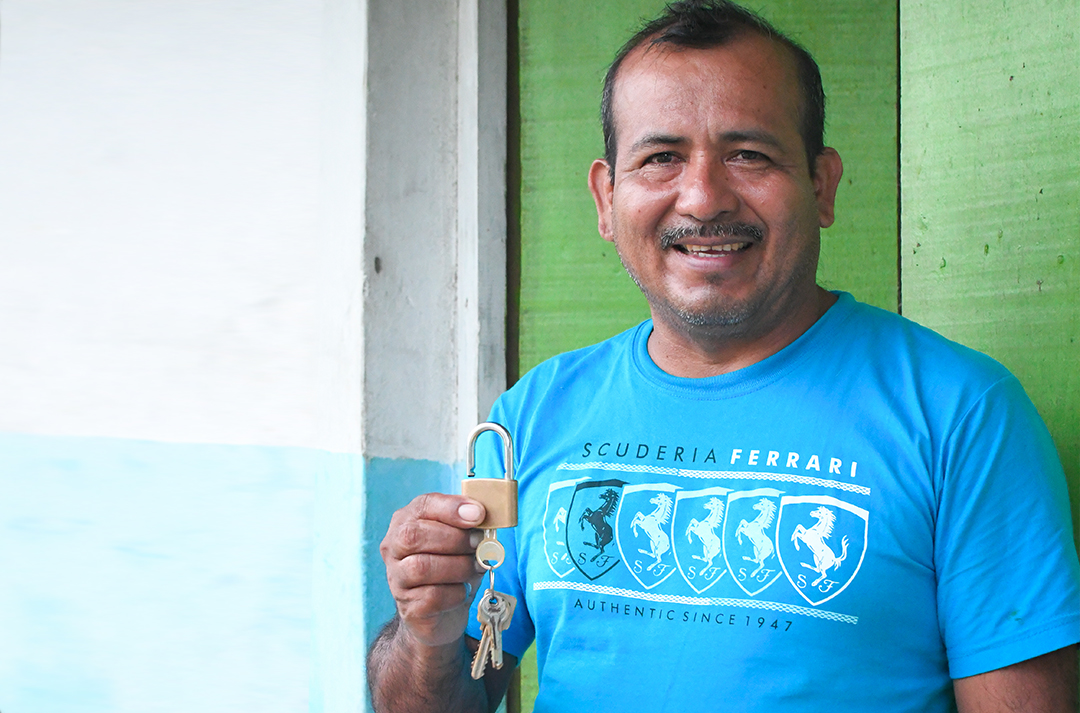
Everyone loves a love story! And we loved sharing the story of how Pastor Humberto’s life was transformed through looking after the keys to the church in his village – and how it saved his marriage.
All these stories are just the smallest example of the impact your giving has had around the globe in 2020. Thank you so much for your faithful support of BMS work during this challenging year! If you want to continue to change lives in 2021, and in years to come, why not sign up to give to BMS regularly as a 24:7 Partner? Find out more right here.
4. Sahel surgeons: The most dramatic day
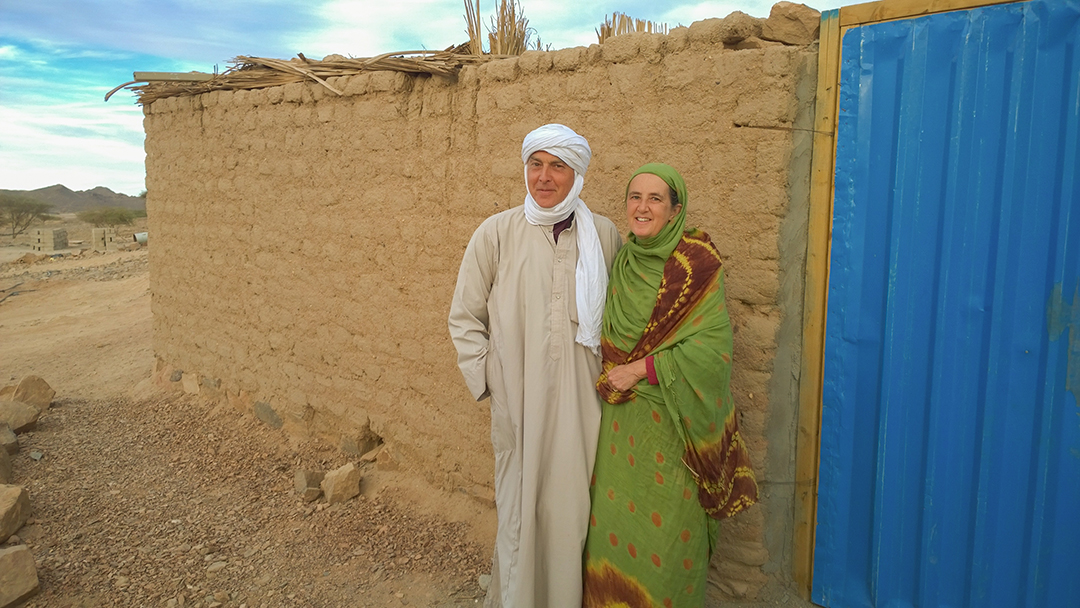
Have you met Andrea and Mark Hotchkin? Because they are amazing. Seriously. Earlier this year, they were thrown into action when 23 injured fighters arrived at their hospital in northern Chad without warning. Stitching up bullet wounds, mending fractures, and donating units of their own blood – no task is too small for these medical heroes!
5. Picking up glass: the human stories behind the Beirut blast
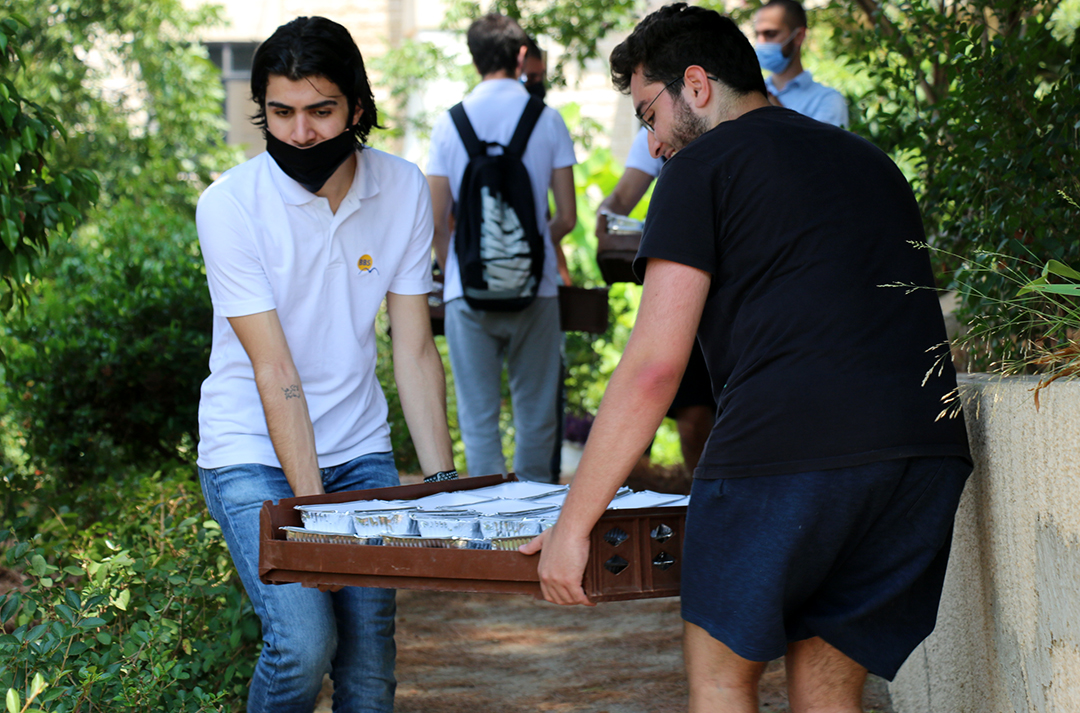
Hearts broke across the world after the tragic explosion that rocked Beirut in August. Thank you to all the amazing BMS supporters who gave to the BMS Beirut appeal to help with the immediate relief effort. Take a look at this story to hear from the resilient people affected by the blast – and how they’re beginning to rebuild.
- BMS Coronavirus world response – how UK Christians stepped up in the face of a pandemic.
- Valentine’s Day: choose to be unorthodox – check out this romantic piece of BMS history, and how we used Valentine’s Day to change lives.
- In crisis: ‘tougher situations always give us something new to learn’ – check out these lessons from Nepal on how to get through a crisis.
- The power of play – children’s lives are being changed across the world, thanks to BMS workers using creative therapies to give them the support they need.
- Covid and the care home: a wake up call to the west – the emotional story of the first visitor’s day at a care home during the Coronavirus pandemic.
Thank you so much for everything you’ve done for BMS this year! Share this story with your friends and family, so they can see the amazing things you’ve achieved!

Words by Laura Durrant.


